Tolerance to and dependence on methadone can develop with chronic or indefinite use. What are some of the other dangers ...


Tolerance to and dependence on methadone can develop with chronic or indefinite use. What are some of the other dangers ...

What are the signs and symptoms of methadone overdose? And how much methadone does it take to OD? We review here. ...
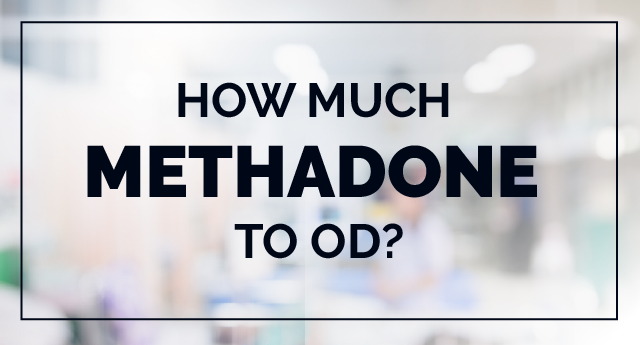
Methadone and alcohol are two substances that should not be used together. Dangerous complications including respiratory ...
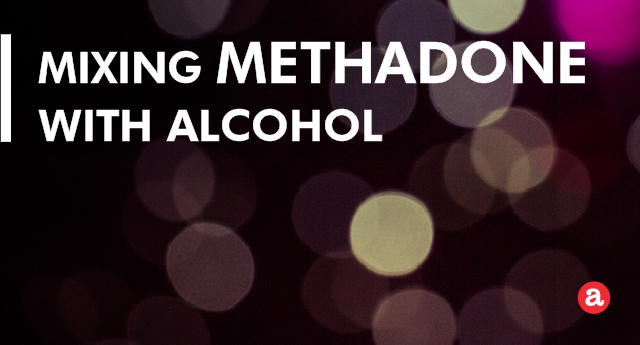
Methadone is used to treat individuals who suffer from addiction on heroin and narcotic pain medicines or as a pain reli ...
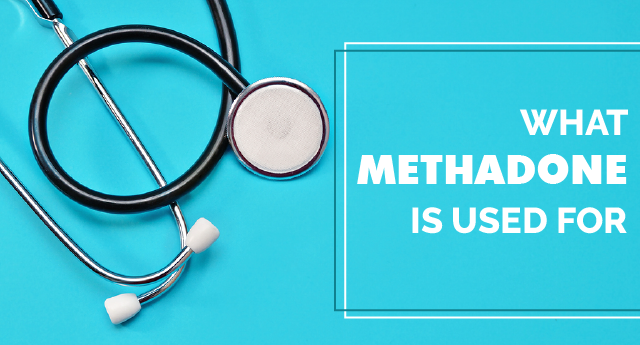
Signs of methadone addiction include lying to doctors, hiding methadone use, or developing an emotional attachment to me ...
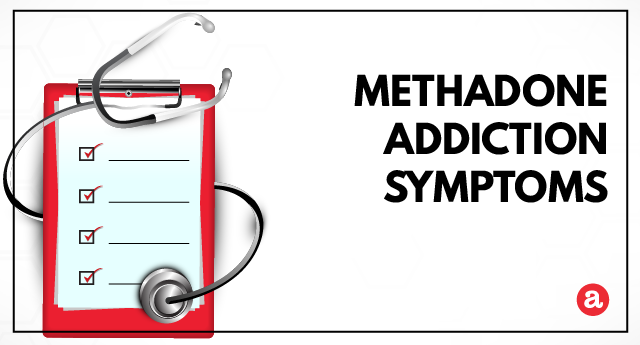
Do methadone and Suboxone work as a long-term solution for opiate addiction? Or do they do more harm than good? More on ...

Is snorting Methadone more effective than taking Methadone orally? Can snorting Methadone get you high? What dangers are ...
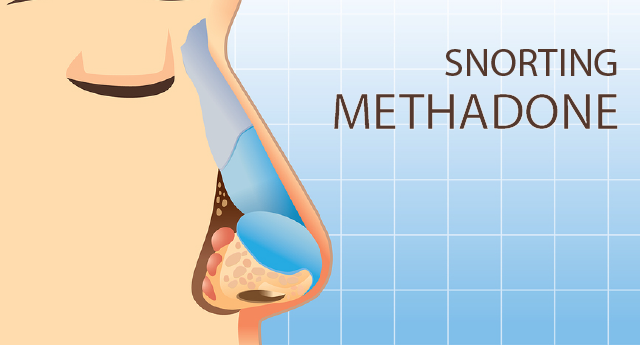
Most people do not get high on methadone. With stable dosing, methadone does not cause euphoria or intoxication. And get ...
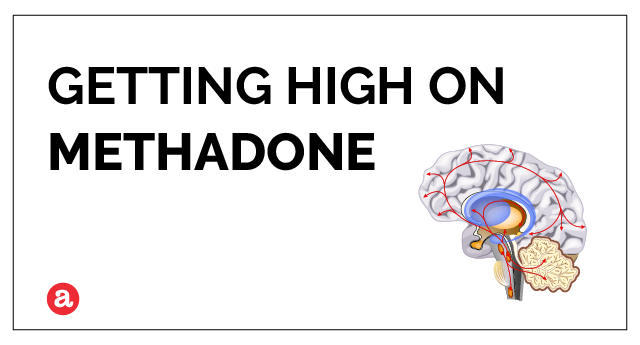
HOW OUR HELP LINE WORKS
For those seeking addiction treatment for themselves or a loved one, the Addictionblog.org helpline is a private and
convenient solution.
Calls to any general helpline (non-facility specific 1-8XX numbers) for your visit will be answered by
American Addiction Centers (AAC).
Caring admissions consultants are standing by 24/7 to discuss your treatment options. These representatives work
solely for AAC and will discuss whether an AAC facility may be an option for you.
Our helpline is offered at no cost to you and with no obligation to enter into treatment. Neither Addictionblog.org
nor AAC receives any commission or other fee that is dependent upon which treatment provider a visitor may
ultimately choose.
For more information on AAC’s commitment to ethical marketing and treatment practices, or to learn more about how to
select a treatment provider, visit our About AAC.
If you wish to explore additional treatment options or connect with a specific rehab center, you can browse top-rated listings, visit our homepage and browse by state, or visit SAMHSA.